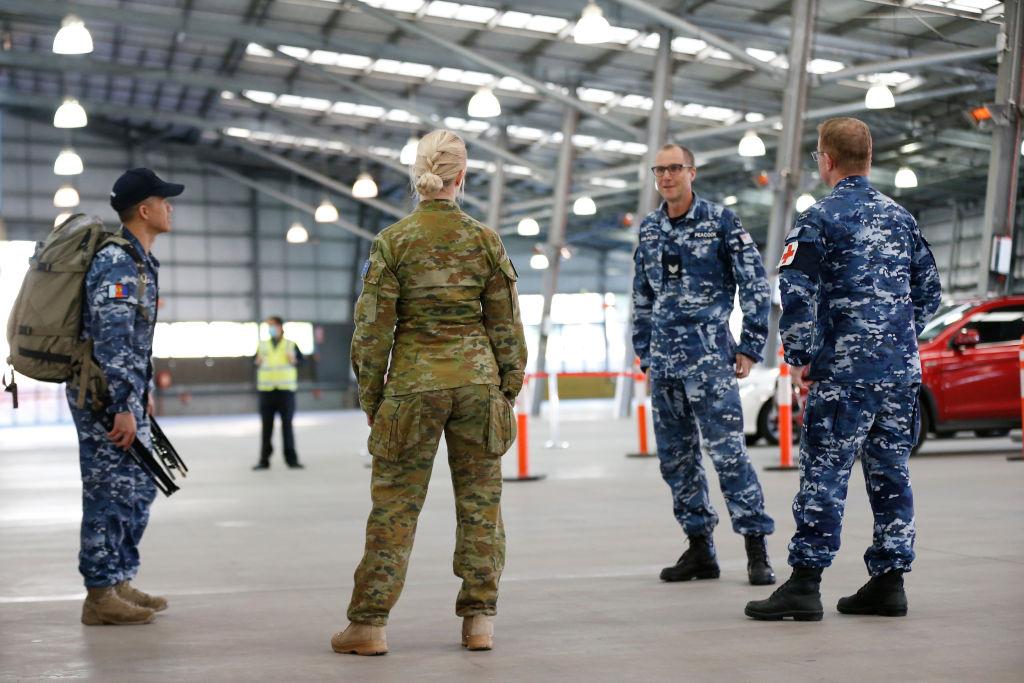A new report into the mental well-being of serving and ex-Australian Defence Force (ADF) personnel has discovered that after leaving the armed forces members are at greater risk of dying by suicide than during their time serving in the ADF.
Louise Gates, a spokesperson for the Australian Institute of Health and Welfare (AIHW), said in a media release on Oct. 9 that among currently serving men the rates of suicide were considerably lower than Australian men generally.




